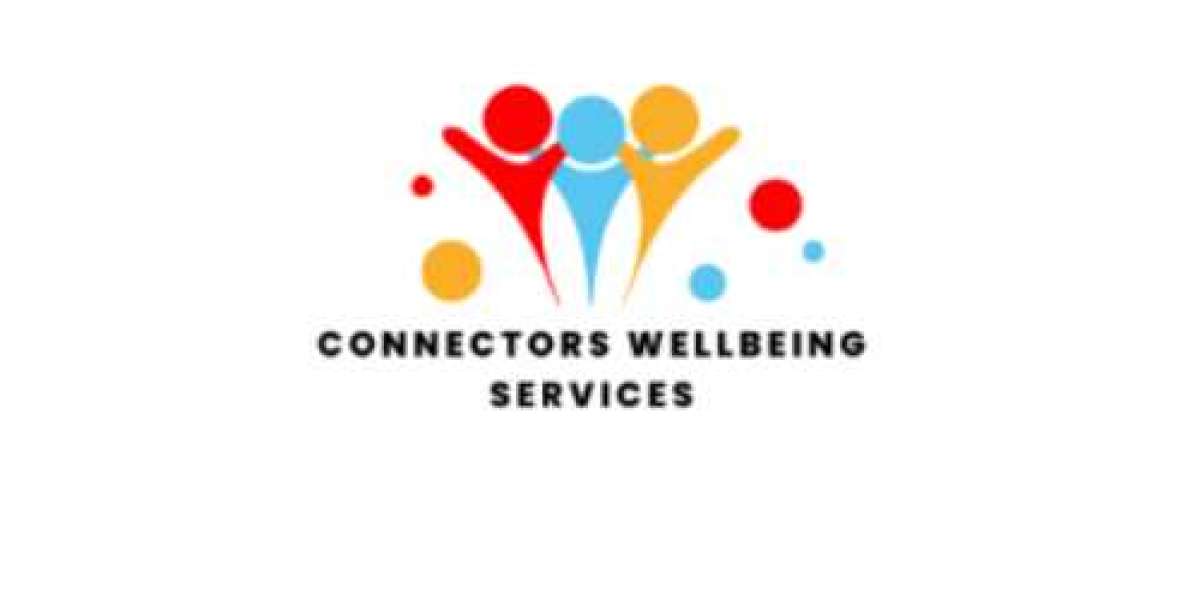NDIS Household Tasks: Creating a Safe and Comfortable Home Environment
One of the most practical forms of support funded by the NDIS is assistance with household tasks. This category covers help with essential daily chores that may be difficult to perform due to a disability. It includes services such as cleaning, dishwashing, laundry, bed-making, and meal preparation.
Having support for household tasks not only ensures a hygienic and safe living environment but also frees up participants' time and energy to focus on their personal development, relationships, and community involvement. In many cases, it can also provide valuable relief for family members or informal carers.
These supports are typically delivered by trained support workers who understand the importance of maintaining both the functionality and dignity of a participant’s home.
NDIS Social Participation: Building Connections and Belonging
Being part of a community plays a vital role in mental and emotional well-being. NDIS social participation funding supports individuals to actively engage in community activities, form new friendships, and maintain existing relationships.
This might include group activities, recreational programs, volunteering, or attending classes and social events. By facilitating greater connection with others, participants are less likely to experience social isolation and more likely to develop confidence, communication skills, and emotional resilience.
For many, being supported to attend a local art group, music class, sports team, or even a simple coffee catch-up can be transformative—offering purpose and joy beyond the daily routine.
NDIS Skills Development and Training: Pathways to Independence
Another key area of NDIS support is skills development and training. This category is all about building the capacity of participants to manage day-to-day life more independently. Whether the goal is to learn how to cook a meal, manage personal finances, use public transport, or gain job-ready skills, tailored training programs are available.
These supports often involve one-on-one mentoring or group-based learning and are personalised to the participant’s goals, abilities, and interests. They can cover a broad range of topics, including communication, problem-solving, digital literacy, and personal safety.
For younger participants, this can serve as a crucial bridge into adulthood. For adults, it can unlock new opportunities in employment, education, and independent living.
NDIS Transport Funding: Accessing the World Around You
Mobility and accessibility are key to maintaining a fulfilling life. NDIS transport funding supports participants who are unable to use public transport due to their disability, helping them get to school, work, medical appointments, or community activities.
This funding is particularly useful for individuals who want to participate in work or study but lack access to reliable or suitable transportation. Depending on the level of support needed, participants may receive funding to pay for taxis, community transport, or even travel training.
Importantly, transport supports enable greater freedom and choice—removing a common barrier to social inclusion and independence.
Start Building a Better Everyday Life
When effectively utilised, these four areas—household tasks, social participation, skills development and training, and transport funding—can significantly enhance a participant’s quality of life. They provide not just assistance, but also opportunities for growth, autonomy, and connection.
Support coordinators and service providers play a key role in helping individuals understand and access these services. If you or someone you know is seeking personalised support that aligns with NDIS goals, connectorswellbeing.com offers tailored services to guide participants through their journey.


